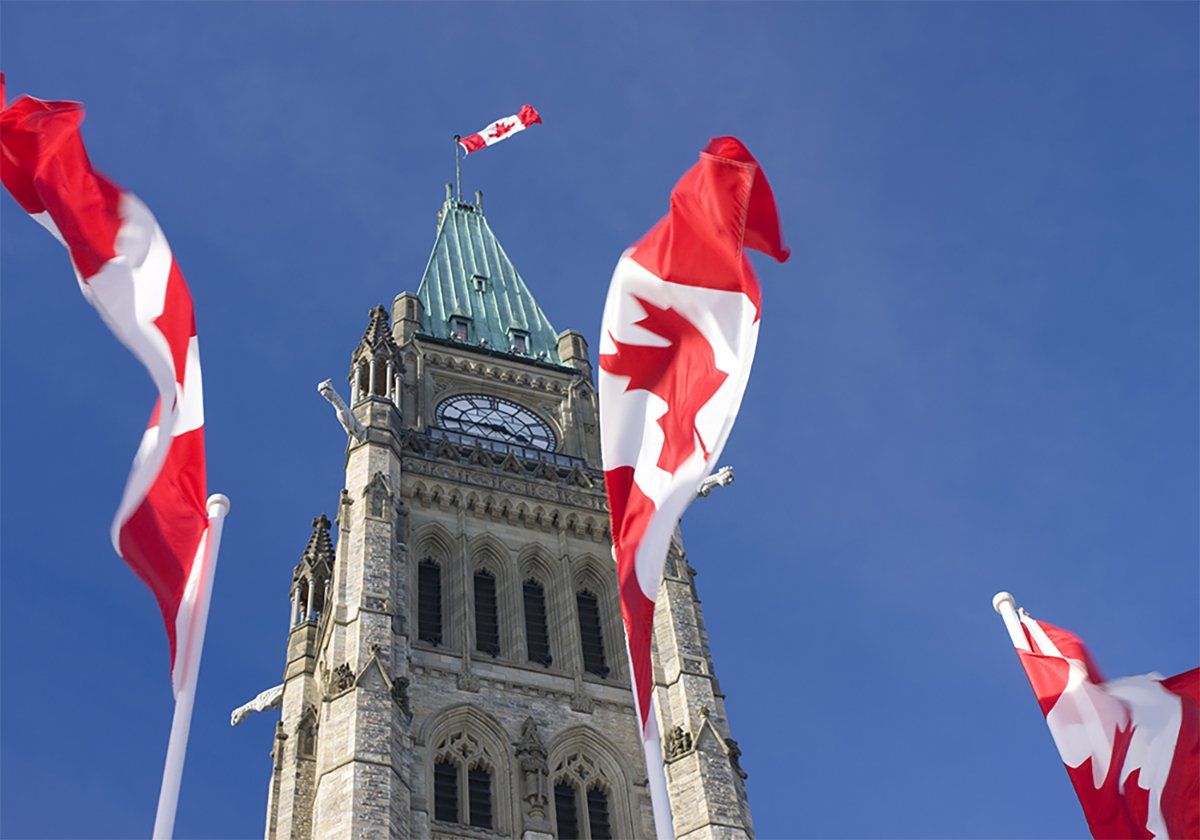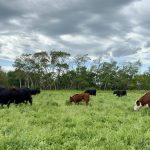Canadian farmers are very, very fortunate that U.S. farmers are exporting more than ever these days, because if anybody is going to be able to stave off U.S. President Donald Trump’s anti-trade moves it will be U.S. farmers.
Trump is instinctively suspicious of trade deals and so far, in his first three months in power, has shown signs that he’s willing to throw them away without much thought or analysis. After being in power for two days, and without having almost any of his agriculture, industry or trade officials in place, he killed the Trans Pacific Partnership. Last week he appeared to be on the verge of signing an executive order to pull out of NAFTA – one day after the Agriculture Secretary was sworn in and weeks before his U.S. Trade Representative is likely to be confirmed.
Read Also

Farm groups are too amiable with the federal government
Farm groups and commodity groups in Canada often strike a conciliatory tone, rather than aggressively criticizing the government.
That has been worrisome and anxiety-inducing for most Canadian farmers because they rely upon the U.S. market and most Canadian farming sectors are highly integrated with the continental economy. Creating a hard line at the border would be disruptive for all and potentially devastating for many.
But more important, it has been upsetting and outrageous to most U.S. agriculture sectors. TPP was a golden, shining prize for major U.S. farm sectors like the hog industry, so to see Trump ditch it without even speaking with export-reliant groups like theirs must have been infuriating. I can only imagine the response of National Pork Producers Council’s Nick Giordano, their international trade expert, when he heard the news. At the World Pork Expo in recent years he has waxed eloquent in his praise of deals like TPP, and grown red-faced and outraged when describing the actions of opponents of international trade deals. The killing of TPP can’t have gone over too well with him or his boomingly exporting industry.
How about soybean growers? Corn growers? Beef cattle producers? They all got worried and made public statements defending NAFTA and international trade after Trump threatened to scuttle NAFTA. Many state American Farm Bureau and other farm organizations matched them with cautions to Trump about the dangers of jeopardizing foreign markets.
This is all happening because the U.S. farm and food industries have become more reliant on exports in recent years. U.S. farmers are growing more and more tonnes of soybeans and corn every year, with mountains of wheat still pouring off the plains. Where is it all supposed to go? U.S. crop farmers long, long ago outstripped the ability of their domestic market to soak it all up. Exports are vital.
The same goes for U.S. pork. At one time the U.S. was hardly a factor in the world pork market. Now it is a huge pork exporter, with an incredible surge in exports since 1990. Without exports, the 20 percent-plus of U.S. pork that now flows into foreign markets would stay in the U.S. and crash the market.
Most U.S. farmers know they desperately need access to foreign markets and few now believe they can survive for long without them. There will always be pockets of U.S. farm opinion that are hostile to trade, but they are less influential that they were decades ago. Some beef cattle and pig producers will always see blocking Canadian imports as a quick path to better short term prices, but most now don’t seem to want to risk undermining NAFTA or other trade deals in order to get a short-term gain.
When the U.S. was much less reliant on foreign markets for many of its farm products, the farm voice wasn’t nearly as important in influencing its politicians, because it was more evenly divided. The change now is obvious with the action of Sonny Perdue, in his second day in office as the new U.S. Agriculture Secretary, in running over to the White House to help convince Trump to back off his threat to NAFTA. He didn’t need to check with a wide array of farm groups first because he already knew almost all want trade expanded, not retracted.
So that’s the best hope for Canadian farmers hoping to keep access to the U.S. markets: U.S. While factory workers in Michigan and Ohio might warm to actions against trade, farmers in the Midwest will try to counterbalance that sentiment whenever they see their interests threatened.














